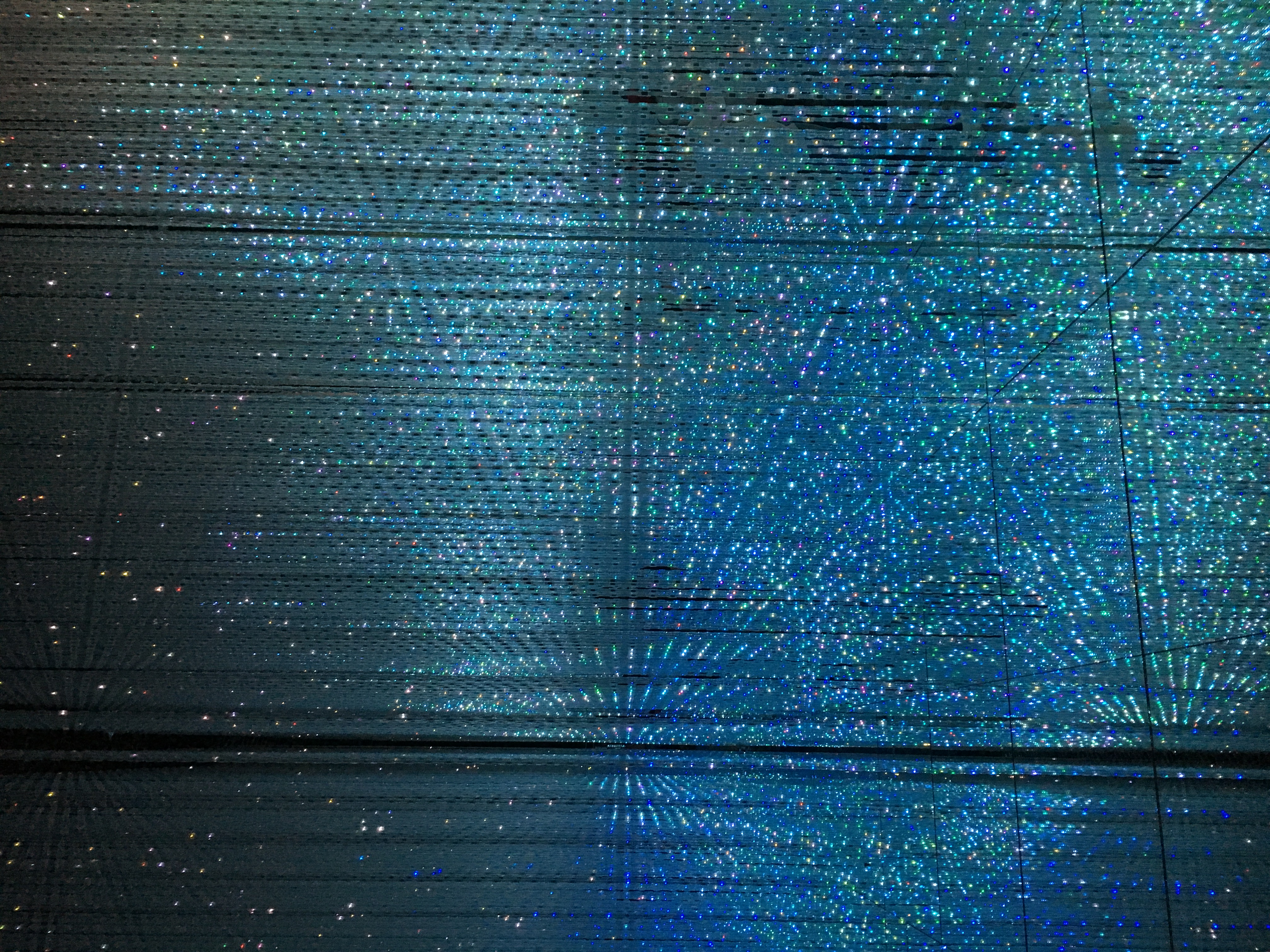How many science stories should local newspapers have?
Scientific Surrey: the county is home to pioneering science firms like SSTL When, or rather if (given declining circulation), you pick up a copy of your local newspaper, how many articles would you expect to see about science?To a large extent, that depends on the…
Tired to death: the science of sleep deprivation
Many people don’t get enough shut-eye each night – there’s just not enough hours in the day to get everything done sometimes, and sleep ends up suffering. But when it comes to sleep deprivation – we’re talking several days without a wink of sleep –…
Bubble science: from treating cancer to making champagne taste better
The first thing that often springs to mind when you mention bubbles are those pots of soapy liquid with a bubble-blower toy you had as a kid (or as an adult – you’re never too old for these things). But bubbles also play a key…
The science of laughing – and why social media decays relationships
For the LOLs: texts aren’t enough to keep a relationship going, say scientists Using Twitter or Facebook to keep in touch is fine – just don’t expect those relationships to last if that is the only contact you have. So said scientists at the Royal…
Science at the movies: Prometheus and artificial intelligence
The search for the origins of humanity, meeting one’s maker, and discovering why we are here: Ridley Scott’s latest film Prometheus tackles some big themes. But arguably the most interesting one surrounds the issue of what it is to be human, raised in the form…
Mind the gaff: Metro reports science April Fool as fact
The media covering stories based on pseudoscience or dodgy statistics is one thing, but reporting news of a science innovation which is actually an April Fool is quite another. Yet this is what happened today when I opened up my copy of the Metro and…
The science behind The Hunger Games
Clothes that burst into synthetic flames, lethal bioengineered wasps and lotions that can heal deep wounds overnight: these are just some of the technological feats that appear in hit film The Hunger Games, currently taking cinemas by storm. But what of the science behind them…
Consciousness: the hard problem?
A fascinating discussion took place at the Royal Institution this week, tackling the challenging subject of consciousness: what is it? Why do we have it? How do we lose it? The questions can go on and on, and it all made for a lively, and…
Sounds of science: using audio to bring science podcasting to life
We now have more ways of communicating science, or anything else for that matter, than ever before, with podcasting now one of the most effective tools in a communicator’s bag of tricks. Despite some believing at one stage that podcasting was on the wane, the…
Science journalism: how to stick to the facts (and not sex up the stats)
Sexed-up statistics, misleading headlines, and plain inaccurate stories: the pressure to lure those clicks to news sites can result in some pretty bad science journalism. Some time-poor journalists, when confronted with a bulky research paper, cut huge corners and jump to conclusions when told they’ve…

